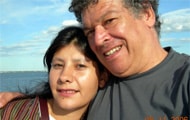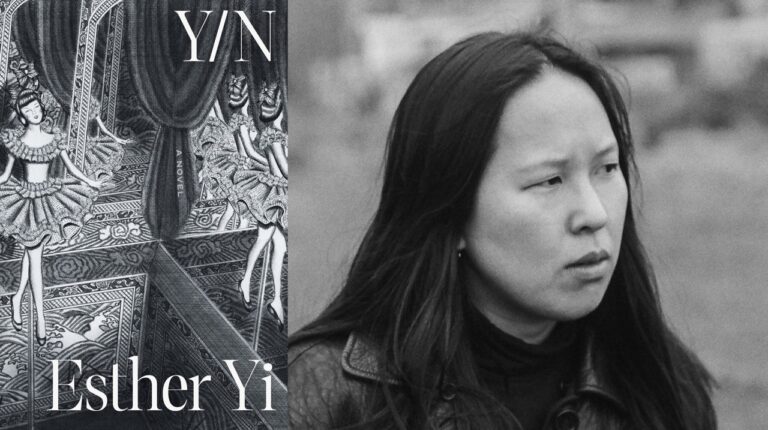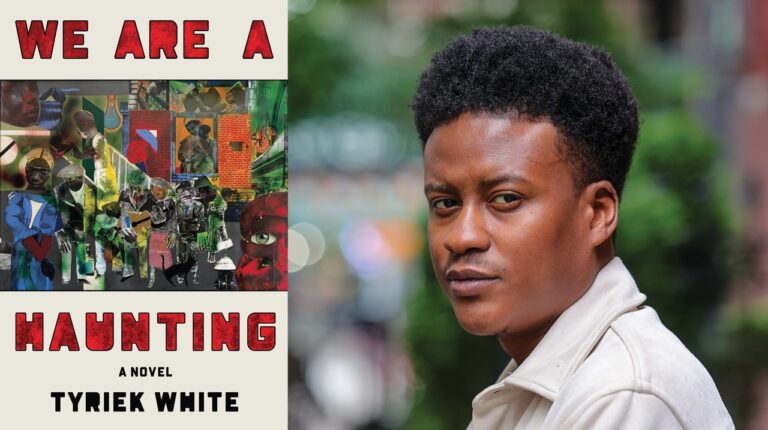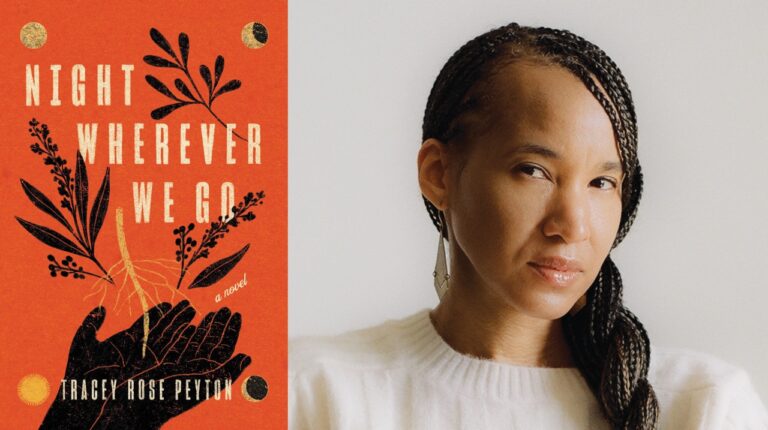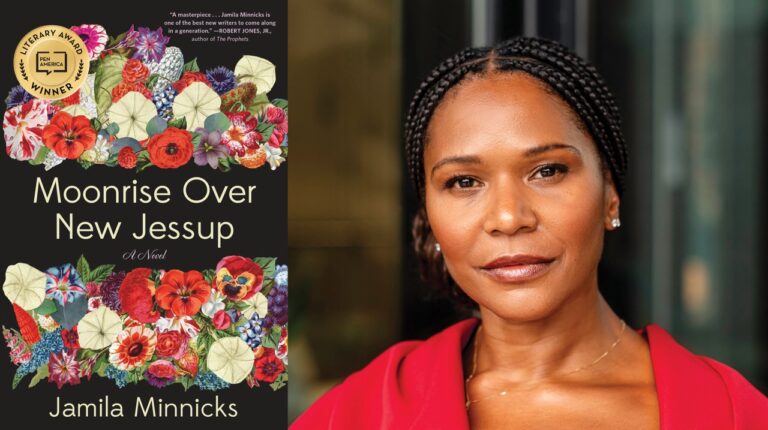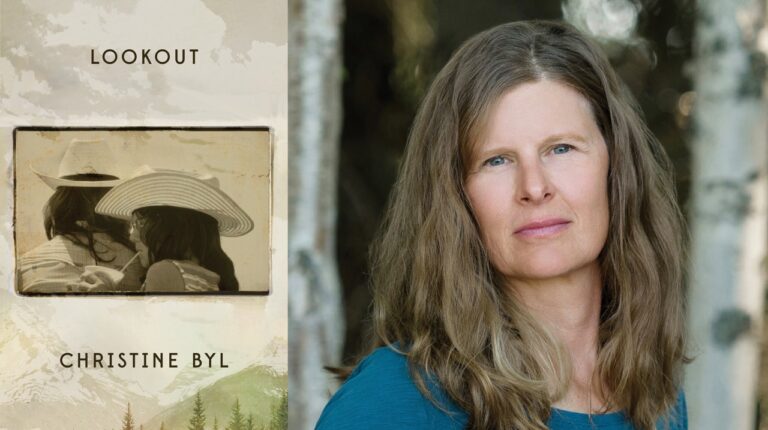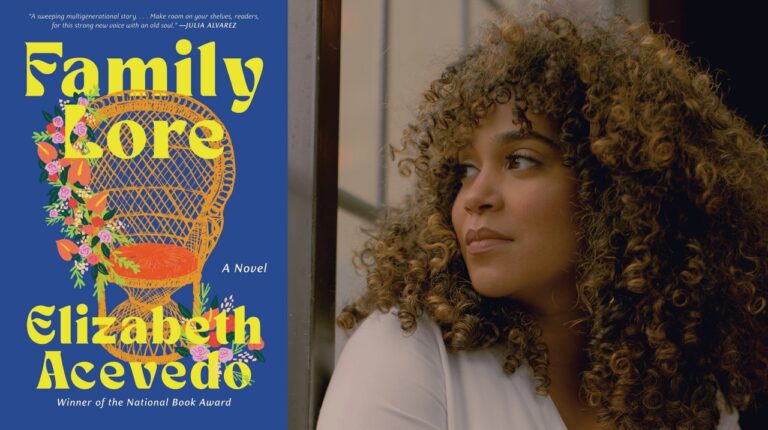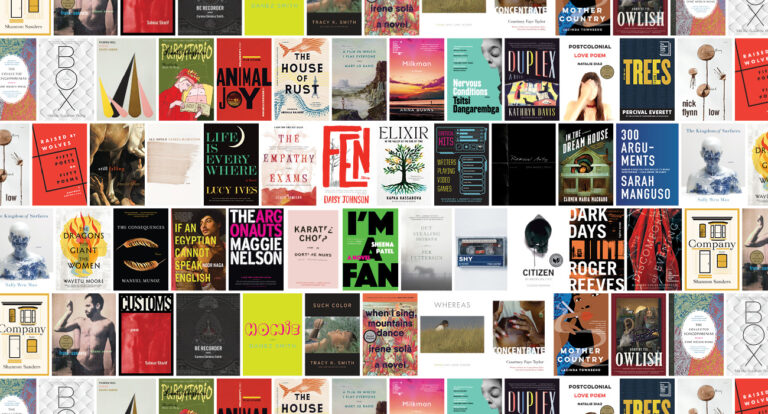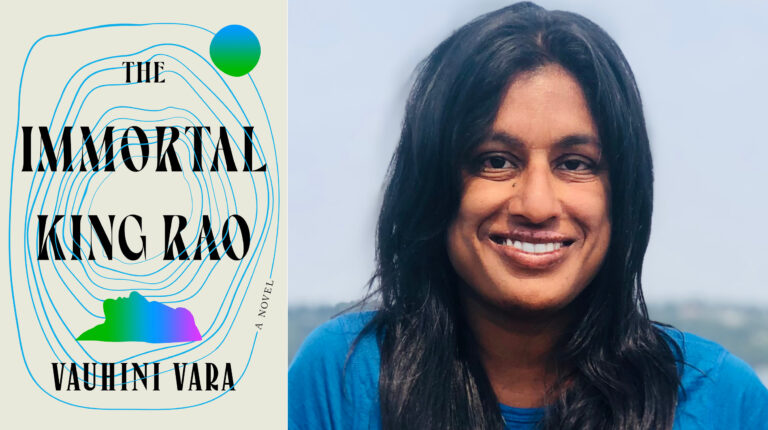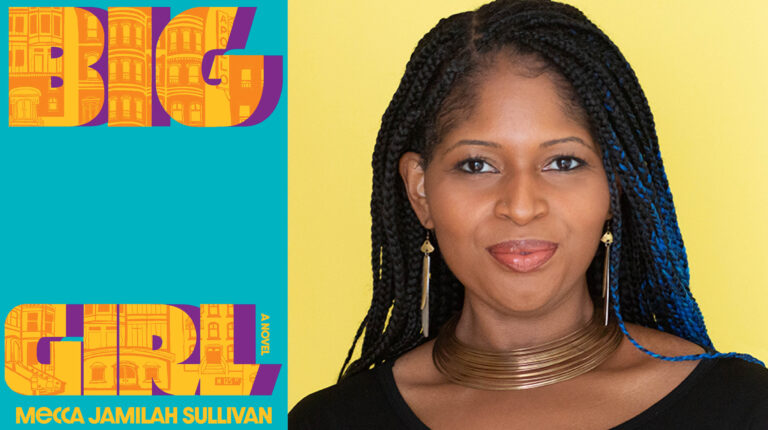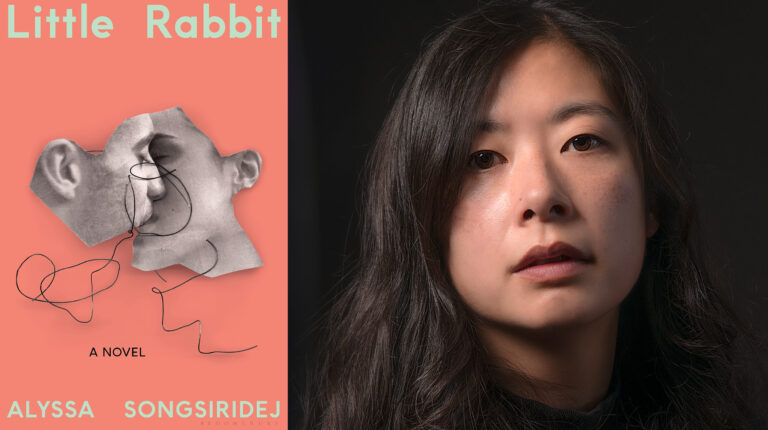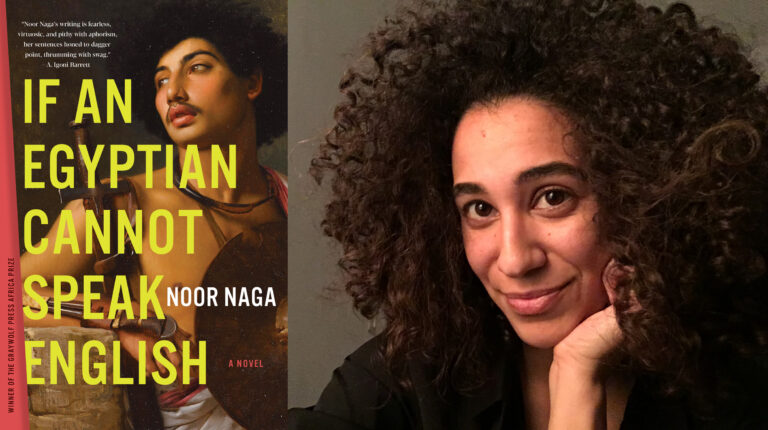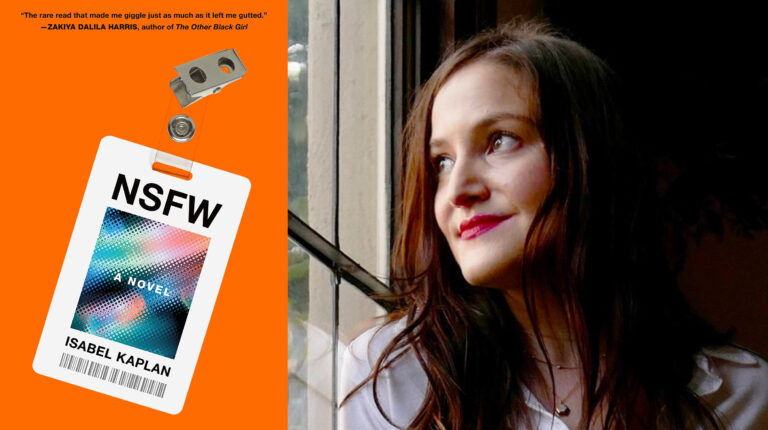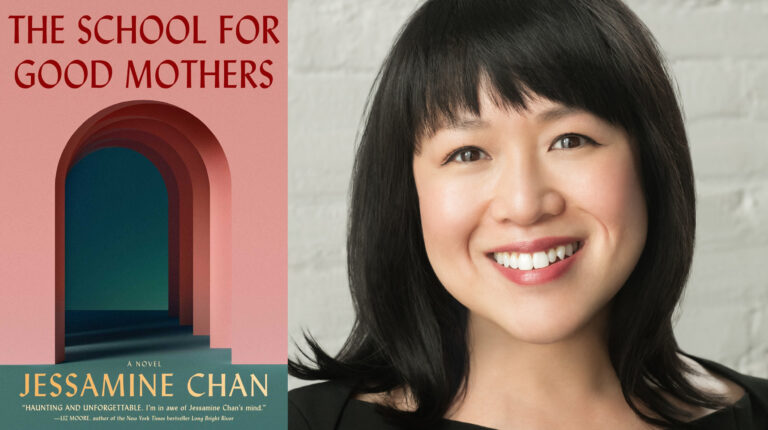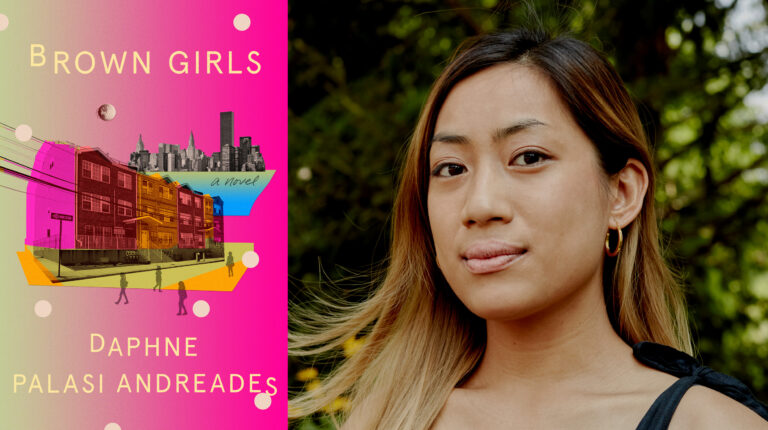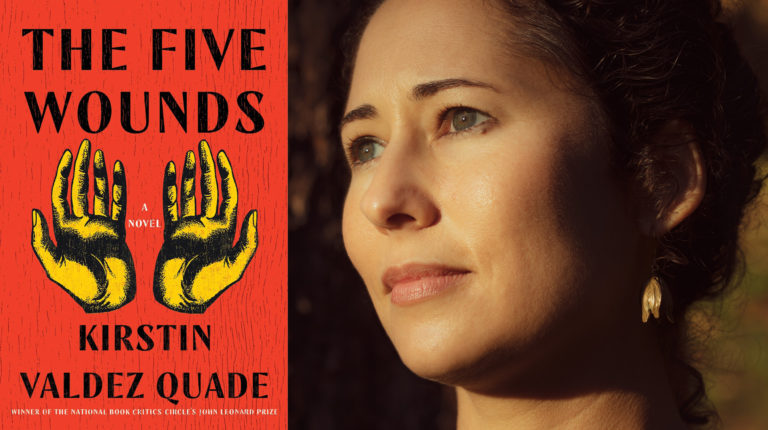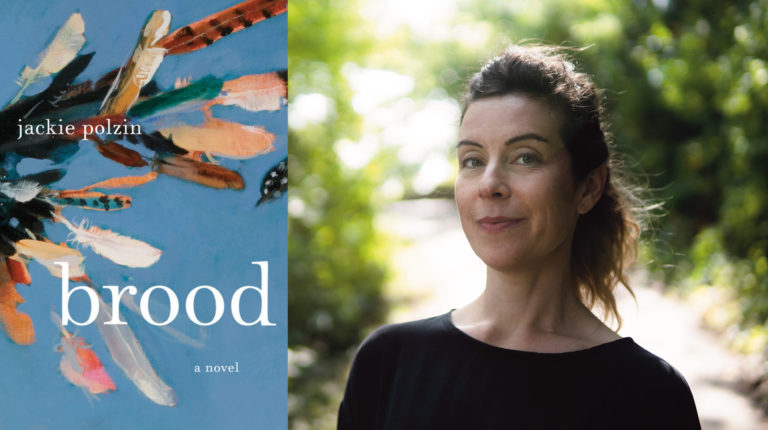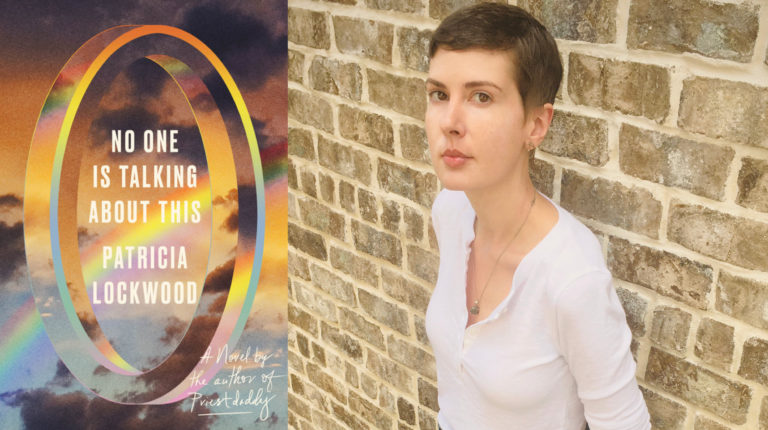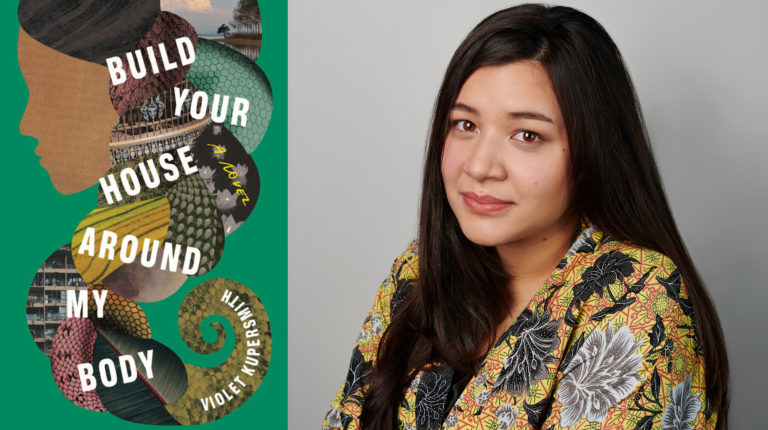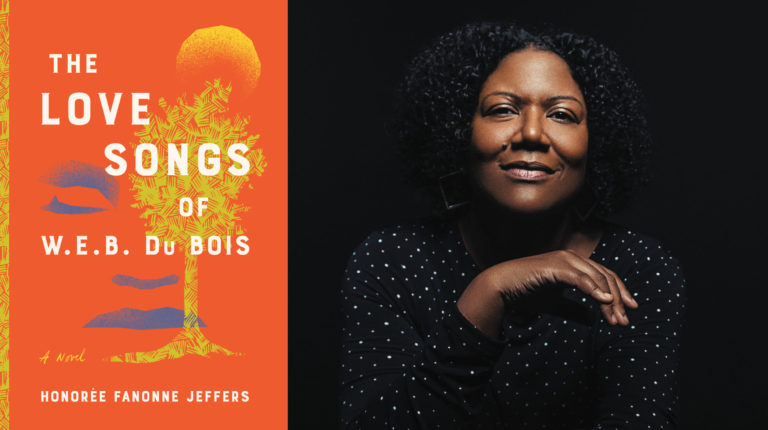Francisco Goldman is possessed of extraordinary gifts as both a novelist and journalist. In his book, Say Her Name, he engages all of his writerly and emotional powers to chronicle the life and death of his young wife, Aura Estrada, who’d been a PhD candidate at Columbia University and a budding writer. In many ways, Say Her Name—billed as an autobiographical novel, in which the characters are named Francisco Goldman and Aura Estrada—unfolds as a mystery. The reader is asked to consider whether any crime, albeit unintended, was involved in Estrada’s fatal body surfing accident while the couple was on vacation in Mexico in 2007. On a deeper level, the mystery engages the nature of personality, of desire, and of love itself. Over breakfast at the Tick Tock Diner, Goldman, whose face belies an unabated grief, was regrouping after having given a reading the night before. “It almost works in me like a drug,” he said. “Just imitating Aura’s voice fills me with that sweetness. It’s a sugar rush and then when it’s over, I crash. The next morning, I wake up with this lonely, empty ache.” Goldman was planning to go straight from breakfast to the train station and an appearance in DC, to be followed by events throughout the country. “It’s not going to be the easiest tour,” he said.” For the next half hour, we discussed how—and why—he wrote Say Her Name.
I’m curious about the hybrid form you used—why the “true” novel?
There’s a lot of reasons for it. I have my fundamental reason, my more poetic, writerly reason, and my meta reason. Obviously, what’s in the book about Aura, and about Aura and me, is true. Why would I invent things about Aura? I began without even thinking about genre. But that meant: If you’re not really thinking about genre, you’re already in the terrain of a novel because you’re not imposing that strictness on yourself where everything has to be absolutely factual. I began to write as a way of communing with Aura. I’m really very much in the background. What is the narrator doing besides mourning? He’s telling her story. He’s trying to understand her life and his own life, as two arcs that merge, trying to understand everything that leads to that decisive moment when she jumps that wave. Even with some of the liberties I took, I might have been able to call it a memoir. But the grief part opened up a whole other stage, where other people’s lives were involved. For example, when he goes on a rampage of promiscuity—when I go on a rampage of promiscuity—that’s pretty common in traumatic grief, and I wanted to write about it fully, but there were private lives to protect. I had to make up utter, absolutely fictional creations that nobody would ever associate with any living person. At that point, for me—especially because I’d [previously] written a non-fiction book—I couldn’t call this a memoir.
The poetic reason is, from the start I had the idea that Aura and I related to each other very much as two writers, and her imagination, that part of Aura, was incredibly precious and important to me. It was probably, in some ways, the heart of our love. That we communed on this level of two people who live for literature and love literature more than anything. She shaped so many of my tastes. I shaped some of hers. And I had this fantasy that the book was going to somehow merge into and become her novel. You get that moment at the end, where the narrator enters her novel and decides he’d switch places with Aura, and of course, he realizes that he can’t. At that moment he realizes: You are your own genius.Who knows what you would have done? And he recognizes that she’s gone, and the book she was going to write is gone.
The meta reason is that I don’t particularly love the memoir form because memory itself is such an artifact.
I was waiting for that! I was going to ask if you feel memory is a fiction.
Memory is a fiction. The minute I start to write out of memory, I start changing things, exaggerating. I forget things. I don’t even remember if it’s pure fiction that I noticed that the wave that took Aura was actually bigger and heavier than the others that day. The book is almost a truer memoir for being a novel because it acknowledges that this is just my version.
Were you worried about corrupting your memory in the act of writing?
I think that’s inevitable. But I was writing this in state of shattered grief, in which I was literally trying to keep Aura with me. I felt a sense of duty, because the thing you fear most when somebody you love dies is that they’re being forgotten. She was still really, really fresh in my mind, and she was not going to be able to write her own story. The young woman who wrote in her notebook, “I want to write an x-ray of my childhood,” was not going to get to do it. I had to try my best. I was looking for her in the words she left behind, in the rubble of my memory. Who is this person you desperately want to merge with? And in death, where does that personality go?
It’s a very layered book, not a linear narrative, and I thought it was interesting because there’s a lot being written that refutes the Kubler-Ross stages of grief—many people are now saying that it’s not a linear progression, it’s circular. I was wondering if you wanted to talk about the book’s structure.
For me, writing is an intuitive process. I worked very hard, and I threw out entire chapters searching for the right form, and finally when I was done, my editor said to me, “The book itself has the form of a wave.”
And I was just blown away, and I said, “Of course, it does.” That’s what I was looking for without ever having explicitly told myself that. The metaphorical wave of the narrative structure merges with the literal wave, and the last chapter is like the foam.
The stages of grief are crazy. I’m still waiting for my anger stage. I’ve just felt sad. Maybe I’m going to be sad for a decade….Who says I have to be cured?
What do you want the reader to feel?
Well, there are different kinds of readers. What gratifies me the most is when they love Aura, and they feel enchanted by her, sympathy for her, empathy with her, and amazement at her. Some people come up to me at readings and say, “After I read the book I just ran and held onto my husband so tight,” and if it does that, that’s good. Then I get another kind of reader who’s a shell-shocked griever like myself. My book is the furthest thing from a self-help manual. Nobody would say, “Read this book and do what he did.” I don’t analyze grief. I try to immerse you in it, and I’m finding that, for a certain kind of reader, that’s very helpful. Plato, when he writes about what purpose poets serve, says they create a space for laments and tears.
I think maybe you’re not done writing about Aura.
Probably not, but I don’t know if I’ll be as literal next time. It’ll become more metaphorical.
You also established a writing prize in her memory.
Oh, yeah. [After she died] I wrote a very personal note, in which I said, ‘I’m going to do three things: start a prize in your name, get a book of your writings published, and write my own book to tell the world who you were and who we were,’ and then, to be honest, I said, ‘and then I’ll die.’ I thought I was going to put the note in her coffin but when we got there, it was sealed, so I couldn’t. I still have it.
Aura’s friends and my friends came together so incredibly and pushed the prize forward. The prize goes to a female, Spanish-language writer. You get $10,000. You have to be thirty-five years or younger, write creative prose of any kind, and live in North America. I think we can do it for twenty more years.
